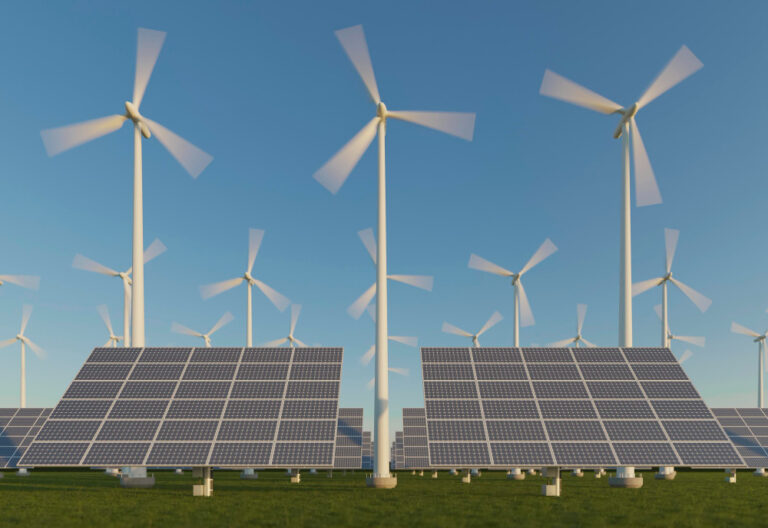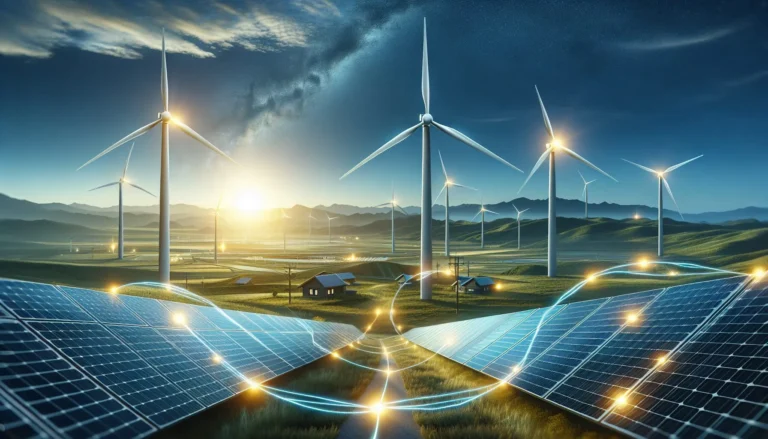Hybrid Energy
Clean and sustainable energy refers to sources of power that minimize environmental impact while meeting current and future energy needs
Renewable Sources
Clean energy is primarily sourced from renewable resources like solar, wind, hydroelectric, and geothermal energy, which are naturally replenished and have minimal environmental footprint compared to fossil fuels.
Reduced Emissions
These energy sources produce little to no greenhouse gas emissions or air pollutants during electricity generation, contributing to improved air quality and mitigating climate change.
Resource Efficiency
Clean energy technologies are designed to maximize resource efficiency and minimize waste, optimizing energy production while conserving natural resources.
Long-Term Sustainability
By promoting sustainable practices and technologies, clean energy supports economic growth without compromising the needs of future generations.
Technological Innovation
Ongoing advancements in clean energy technologies drive innovation in energy storage, grid integration, and efficiency improvements, enhancing reliability and affordability.
Overall, clean and sustainable energy plays a pivotal role in transitioning towards a more resilient and environmentally responsible energy system, ensuring a healthier planet and prosperous future for all.




